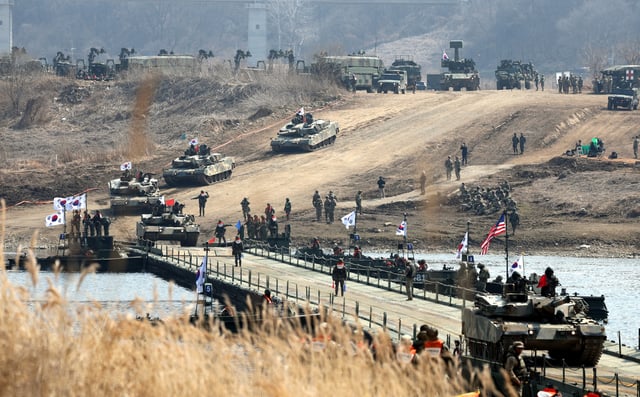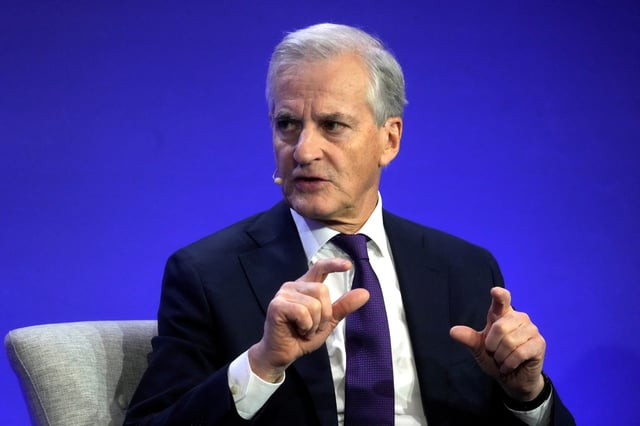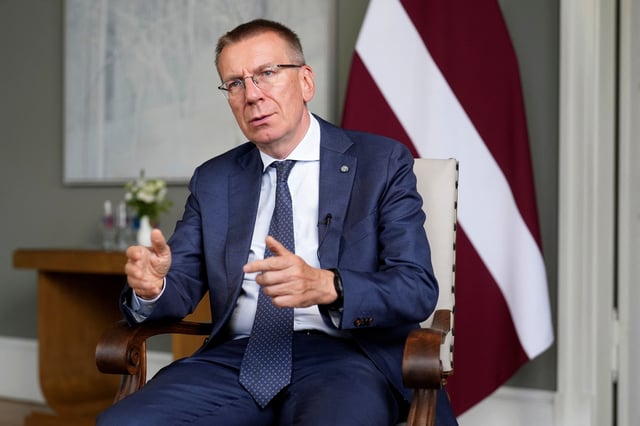Overview
- Pentagon spokesperson Sean Parnell affirmed that President Trump and Defense Secretary Pete Hegseth view 5 percent of GDP on defense as a global standard applying to both NATO members and Asian allies such as South Korea.
- Spanish Prime Minister Pedro Sánchez wrote to NATO Secretary-General Mark Rutte that a 5 percent commitment is “unreasonable and counterproductive,” making Spain the first member to publicly reject the proposal.
- South Korea’s Defense Ministry highlighted its current defense spending of around 2.3 percent of GDP as very high compared with other U.S. allies and pledged ongoing increases given regional security threats.
- NATO officials outline the 5 percent target as comprising 3.5 percent for direct military expenditures and 1.5 percent for defense-related investments in infrastructure, industry and societal resilience.
- The June 24–25 summit in The Hague requires unanimous approval of the new spending plan, with growing debate over deadlines, implementation schedules and the scope of eligible investments.



